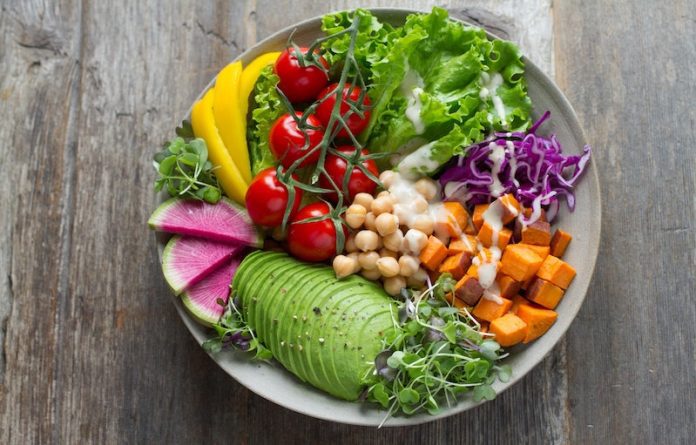
Scientists from the University of Helsinki found that plant-based diets can pose a risk to bone health if adequate calcium and vitamin D intakes are not ensured.
Osteoporosis is caused by a decrease in bone density, which makes your bones more fragile and easily broken.
Everyone’s bones become weaker as they age, but in some people, this process happens too quickly. You are more likely to develop osteoporosis if you have risk factors for the disease.
Plant-based diets may reduce the risk of chronic diseases but can also lead to low calcium and vitamin D intakes, posing a risk to bone health.
In the current study, researchers examined whether replacing animal proteins with plant-based proteins using a plant-based diet for 12 weeks affects bone health in healthy people.
They tested 107 women and 29 men. These people were assigned to one of three diets designed to provide 17 energy percent (E%) protein:
“Animal” protein diet (70% animal protein, 30% plant protein of total protein intake); “50/50” protein diet (50% animal, 50% plant); and “plant” protein diet (30% animal, 70% plant) diets.
The team examined differences in bone formation, bone resorption, mineral metabolism markers, and nutrient intakes in these people.
The researchers found that both bone formation and resorption increased when part of the animal protein in the diet was replaced with plant protein, which may in the long term be detrimental to bone health.
The team concluded that the replacement of animal proteins with plant-based proteins for 12 weeks increased the markers of bone resorption and formation among healthy adults.
This shows a possible risk for bone health. This is probably caused by lower vitamin D and calcium intakes from diets containing more plant-based proteins.
The findings are in line with other results that vegetarians were found to have a greater risk of bone fractures over a follow-up period of 18 years compared to people on a mixed diet.
The team suggests that good sources of calcium include dairy products, almonds, broccoli, kale, canned salmon with bones, sardines, and soy products, such as tofu.
If you find it difficult to get enough calcium from your diet, ask your doctor about supplements. Pay attention to vitamin D. Your body needs vitamin D to absorb calcium.
The research is published in The Journal of Nutrition and was conducted by Suvi T Itkonen et al.
Copyright © 2022 Scientific Diet. All rights reserved.





